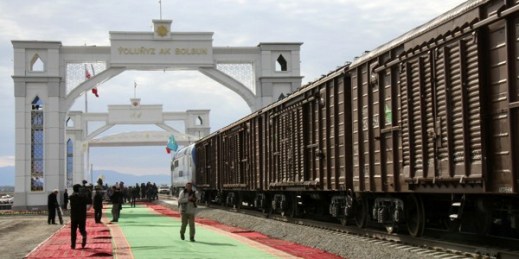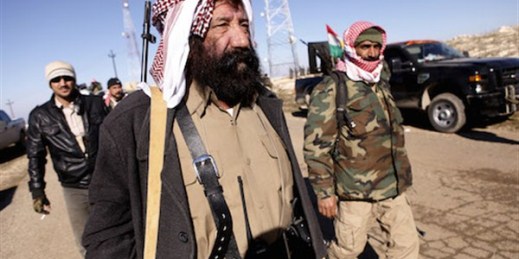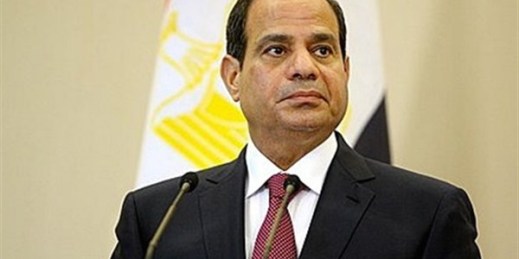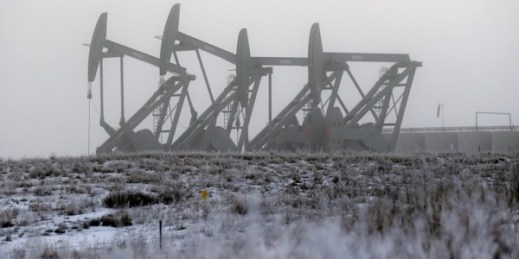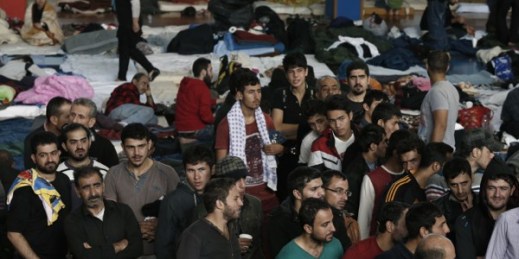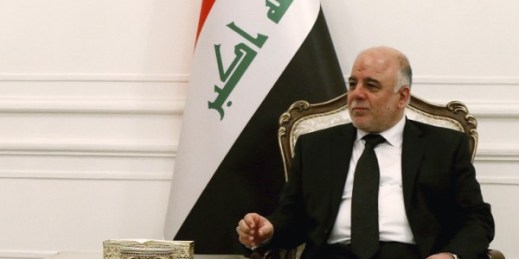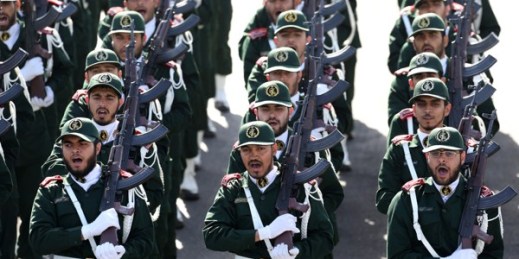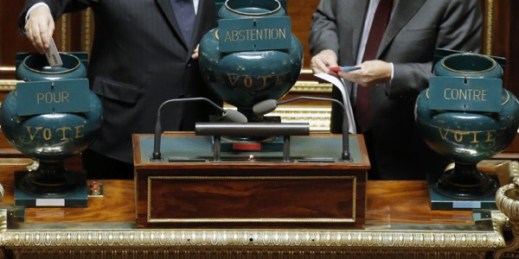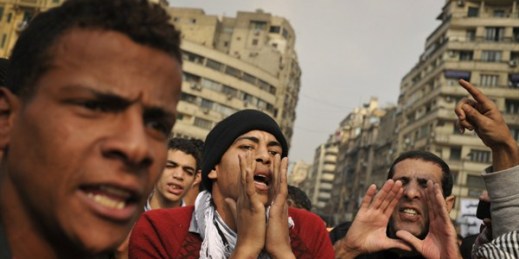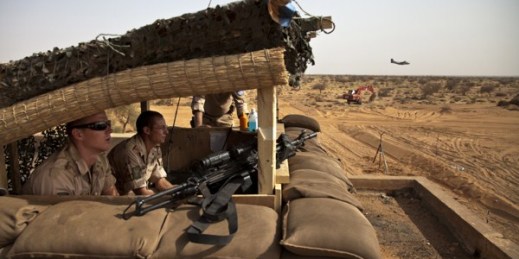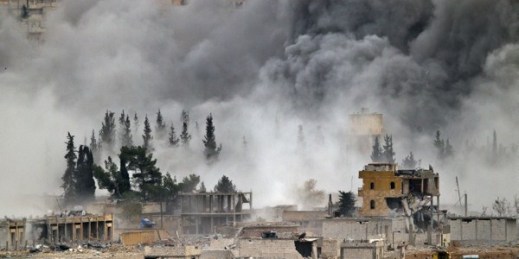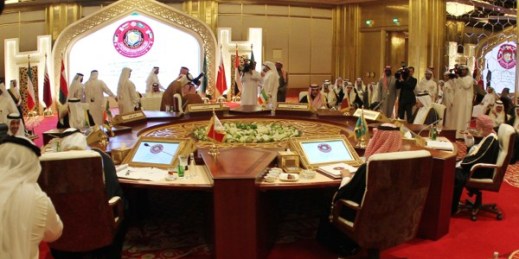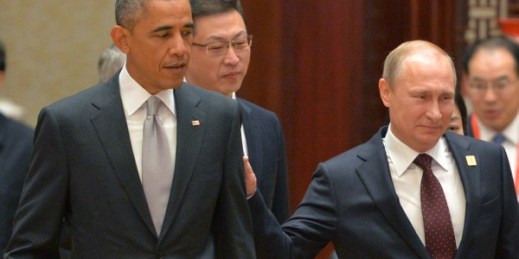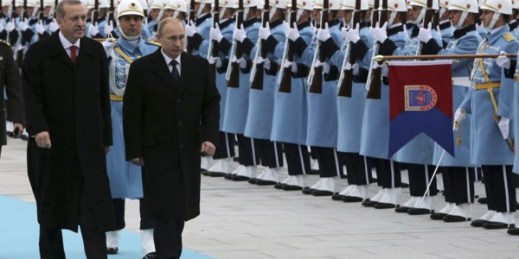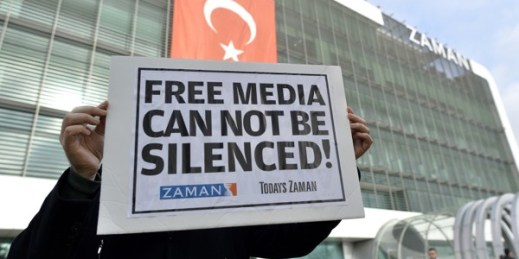
Turkish police raided a newspaper and television station with ties to U.S.-based cleric Fethullah Gulen and his Hizmet movement earlier this month, arresting 23 journalists, producers and writers. While freedom of the press has long been a concern in Turkey—which currently ranks 154 out of 180 in the Reporters Without Borders press freedom index—the arrests have more to do with growing tensions between Turkish President Recep Tayyip Erdogan and the exiled Gulen. Gulen was an ally of Erdogan and his ruling Justice and Development Party (AKP) until a corruption scandal, which Gulen and his followes deny instigating, broke last year. […]

